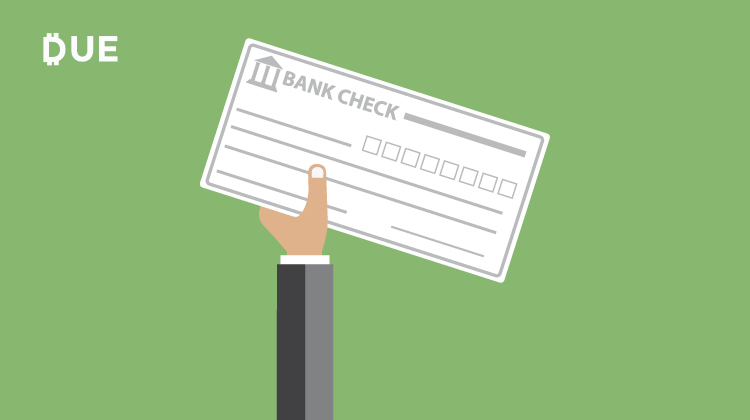One of the payments issues many of us still deal with is checks. I’m still dealing with checks from some clients. They come in the mail each month, and I have to make sure they get into my business bank account. It’s not a difficult issue to deal with, but it’s tedious.
However, sometimes it’s just the way it is. After all, there are businesses that are more comfortable with checks. And, besides, it’s worked for decades. So, how do you manage when dealing with checks in your business?
Problems with Electronic Payments
First of all, one of the reasons some companies still like checks is due to the fact that there are some issues with electronic payments. Setting up a system of direct deposit, or even ACH transfer, can be a pain.
Part of the problem, says Sam Robb in Payment Week, is that there are still issues with electronic payments. Setting up remittance information ahead of time can be a daunting task. In order to get around this, some businesses use a hybrid ACH system to allow for remittance without the information needed immediately. However, this means an extra step, as information has to be shared outside the payment system.
Here is what Robb pointed out about trying to deal with these issues from the biller’s side:
When an ACH payment posts to a biller’s bank account, the biller must determine who paid and for what invoice, whether the amount paid was equal to the amount due, and if it wasn’t why not. If an accounts receivable clerk finds no supporting remittance information in the bank reporting, the clerk must scan his email inbox. Once the email is found and printed, the A/R clerk must verify with which payment the emailed remittance data is associated. The clerk must then key all applicable data into the A/R system.
It’s easy to see why dealing with checks might be preferable. Until remittance reassociation is adopted, and many businesses (and even the banking industry) update their systems, it can be a pain.
How are You Dealing with Checks?
So, how are you dealing with checks? I use remote deposit to put my checks into my bank account. However, sometimes that doesn’t work as well as expected. Occasionally, I receive a check that isn’t eligible. It might exceed my remote deposit amount limit, or it might be from another country. In both of these cases, I am stuck taking the check to the bank and then waiting 10 to 15 business days for the check to clear properly.
I’ve been working on getting my clients to pay using an invoicing system like Due.com. Thanks to these types of invoicing systems, I can ask for payment, and easily see who paid, and when. The invoicing system keeps track of how much I’m owed, and it’s easy to give credit where credit is due. And there’s no need to take extra steps once my bank account is linked.
Helping your clients move toward paying through invoicing systems, using credit cards or other means, can be a good way to get away from dealing with checks and upgrade your payments system to one that works better for you.















